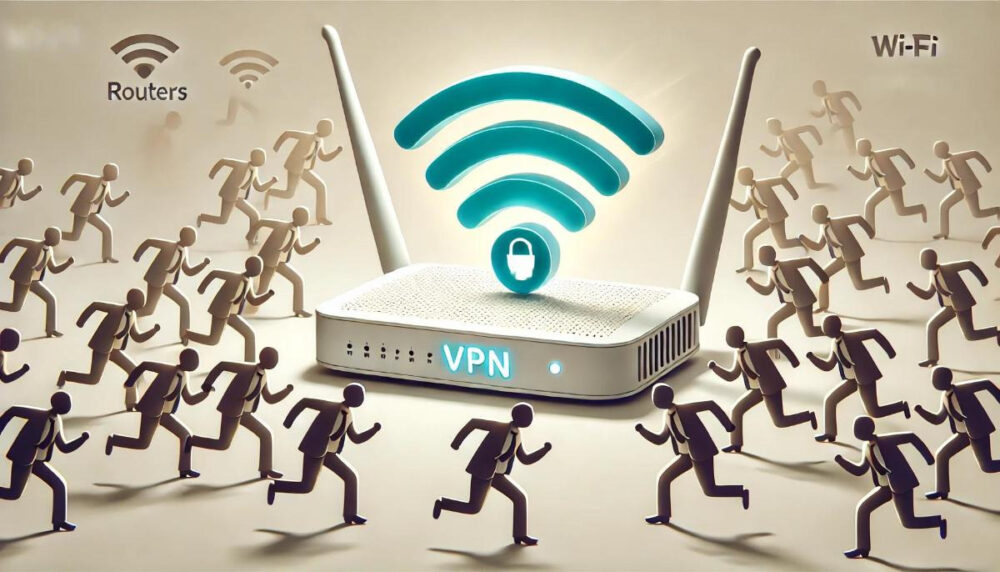VPN Routers Become a New Trend in Russia
Russia is experiencing a sharp increase in sales of WiFi routers with pre-installed VPNs, following the slowdown of YouTube. According to analysts, sales of these devices grew by at least 40% in the first half of August 2024 compared to the end of July. These routers can help users regain access to the blocked video platform, but cybersecurity experts warn about potential data leakage risks.
Why VPN Routers Are Gaining Popularity
The surge in VPN router sales is not only due to restricted access to YouTube but also because of the blocking of smart home devices made by Western companies. Experts say these devices require a VPN connection to continue functioning in Russia.
Eldar Murtazin, lead analyst at Mobile Research Group, notes that demand has especially increased for models priced between 5,000 and 6,000 rubles. He explains that the popularity of these routers is due to their ease of use: by installing a VPN router at home, users can solve the problem of accessing blocked content on all their devices.
Market Trends and Pricing
The Wildberries marketplace has observed an interesting trend: while the number of routers sold over the past three weeks has remained almost unchanged, the total sales revenue has increased by 5%. This indicates a growing interest in more expensive router models.
On the Avito platform, as of August 15, there were about 900 listings for “VPN router.” Prices for these devices range from 3,000 to over 20,000 rubles, depending on condition (new or used), type (mobile or stationary), and features. Some sellers offer devices with paid VPN and a one-year subscription for 10,000 rubles. More expensive models may include additional features such as changing MAC addresses and IMEI codes.
Sales Dynamics and Expert Warnings
Most VPN router listings on Avito appeared in late July and early August 2024, coinciding with the period when YouTube access issues affected a large portion of Russian users. However, Avito claims it has not seen an increase in sales of VPN-enabled routers. Other electronics retailers also struggled to provide sales data for these devices.
Experts warn that using a VPN can lead to personal data leaks. They recommend using public proxy servers or VPS services as safer alternatives. Although there is no legal liability for using VPNs, Roskomnadzor is actively blocking such services. As of April 2024, the agency had restricted access to around 150 popular VPN services. Since March 1 of the same year, Roskomnadzor also began limiting online information that advertises or promotes VPNs.



